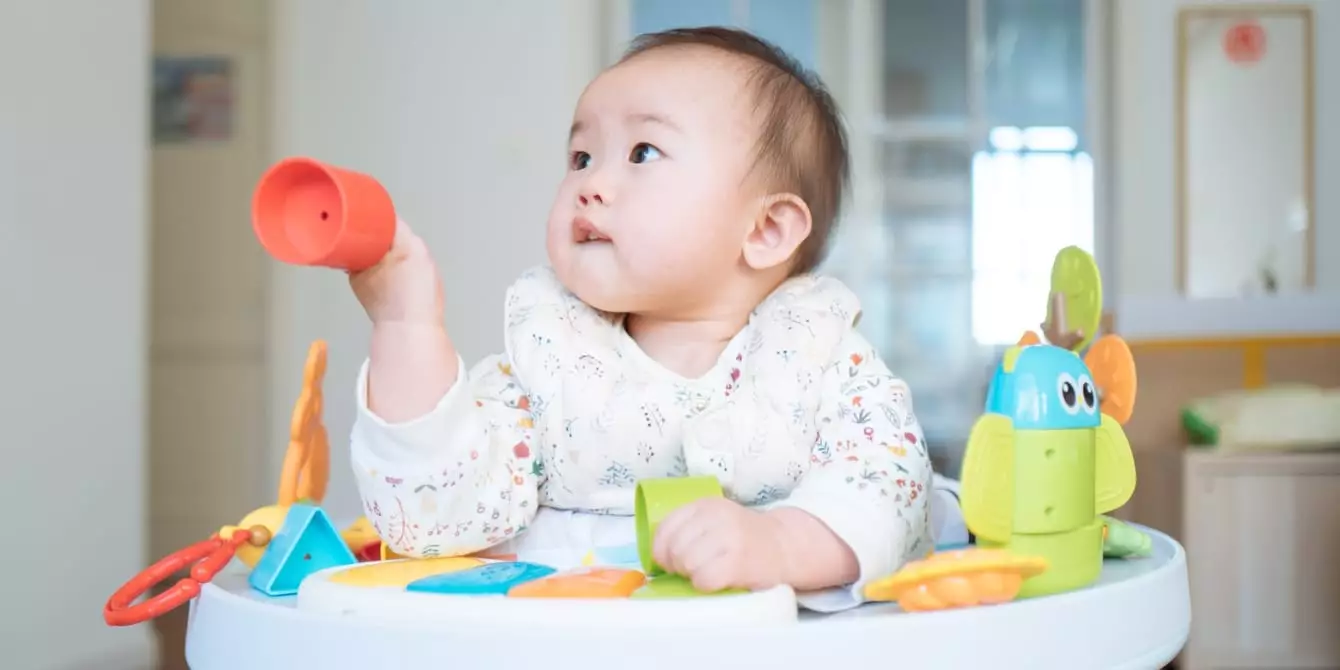As your baby’s 11-month milestone approaches, it is essential to recognize the tremendous growth and transformation that has taken place over the past year. This period isn’t just a countdown to a birthday; it’s also a time for reflection on the evolving relationship between you and your child. Communication has flourished, and as parents, you have adeptly catered to each other’s needs, turning challenges into shared experiences. In this article, we will explore developmental activities suited for your 11-month-old and the critical skills they are honing as they approach toddlerhood.
At this age, your little one is not just a passive participant in their environment but an eager explorer. Engaging them in various play activities is crucial for their cognitive and physical development. Experiment with rotating toys to maintain their interest—too many options can often lead to overstimulation. Providing a few selected toys encourages your child to engage more meaningfully with what they have, fostering creativity and exploration.
Consider creating engaging play environments at home. A blanket fort, a play tunnel, or even a large cardboard box can turn into a magical space where imagination runs wild. Such environments inspire independent play, allowing your child to explore while providing you with a much-deserved breather. Simple activities, such as guiding them to push a ball from one end of the room to another, can enhance their motor skills and understanding of cause-and-effect relationships.
Allowing your baby to get hands-on is critical for their sensory development. Outdoor play in the sandbox or your backyard offers a fantastic opportunity for tactile experiences. Provide them with small shovels and encourage them to mimic your actions, like digging and pouring. This not only allows for sensory exploration but also taps into their natural inclination to copy your movements.
Incorporating playdough into their playtime can also be enriching. Use kitchen tools such as cookie cutters or rolling pins to create simple culinary masterpieces together. Encourage them to explore the textures and shapes while refining their fine motor skills in the process.
Dramatic play serves as a precursor to more complex interactions occurring in toddlerhood. Setting up a cozy storytime session with a few favorite stuffed animals encourages your child to engage in imaginative play. This type of play is vital as it nurtures social skills and expression, effectively laying the groundwork for early language development.
Many parents wonder why their baby isn’t speaking yet, but it’s essential to involve them in activities that can stimulate their verbal skills. Reading together and introducing new words, such as colors and animals, can pique your child’s interest in language. Interactive toys, especially those that offer bilingual learning, can also provide supplemental exposure to speech.
At this age, your baby is ripe for movement and expression. A dance party can be a delightful way to promote physical activity and coordination. Playing music and dancing together encourages your child to mimic your actions, enhancing their motor skills. Incorporate everyday songs or lullabies they are familiar with, and watch them attempt to sway or bounce in rhythm.
As your baby grows more confident, playdates can be excellent for social interaction. Exploring community resources like baby storytime at libraries or local classes designed for infants and caregivers helps initiate those crucial first social skills. During these gatherings, your baby can observe older children, encouraging them to engage in play and discover new activities in a nurturing environment.
As the countdown to walking nears its conclusion, parents can facilitate this transition by encouraging standing and balancing. Use a familiar toy to coax your child into standing and reaching, making those first daring attempts at independence both exciting and rewarding.
A bike designed for infants, like the Retrospec Cricket, can be a great introduction to developing balance and coordination before they can walk. Such play not only provides physical development opportunities but also imparts valuable lessons in perseverance and risk-taking.
The 11th month is a vibrant time in your baby’s life, filled with potential and growth opportunities. As parents, nurturing this exploration through play, language, and movement offers your child the support they need to thrive. Embrace this month’s adventures, and enjoy the journey of parenthood and the discovery of fun milestones together.

